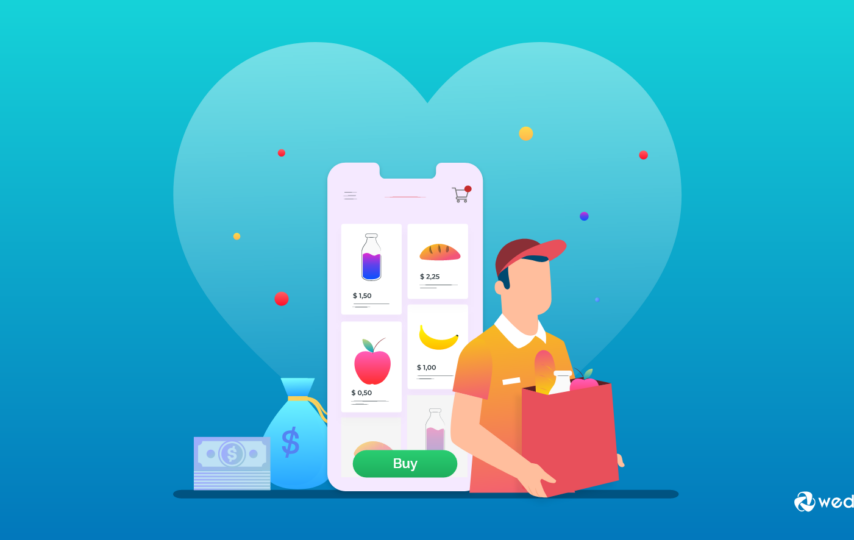In today’s business world, customer loyalty is a valuable asset that keeps companies thriving. Building and nurturing strong customer relationships, especially as your customer base expands, presents a significant challenge. However, automated follow-ups offer a strategic solution to this age-old challenge, enabling businesses to foster customer connections efficiently.
Automating Follow-Up Communications
Automated follow-up communications involve using technology to send messages or notifications to customers automatically. These messages range from simple “Thank You” emails to intricate sequences designed to engage and retain customers.
Why embrace automated follow-ups? Firstly, they save time by handling follow-up messages, allowing businesses to focus on more critical tasks. Secondly, they ensure consistency, reducing the risk of missing vital follow-up opportunities. Thirdly, automation is scalable, capable of managing tasks for businesses with varying customer bases.
Automated follow-ups are versatile, making use of various channels like email, SMS, and chatbots. Email is suitable for detailed content, SMS provides direct engagement, and chatbots excel in real-time interactions. Selecting suitable sales automation tools and platforms is crucial. Consider tools aligned with your business goals. Ensure the chosen tools seamlessly integrate with your existing systems for a smooth transition to automated follow-ups.
Creating Personalized Follow-Up Strategies
Personalization is vital in follow-up communications as customers expect tailored interactions. Balancing automation with personalization is challenging, but it’s essential to strike the right balance to avoid sounding robotic. The primary challenge in automated follow-ups is finding the right balance between automation and personalization. While automation ensures efficiency, personalization requires understanding customers and crafting messages that resonate.
Effective personalization relies on gathering and strategically using customer data. This includes information about preferences, purchase history, and interactions with your brand, serving as the foundation for crafting personalized messages. Artificial intelligence (AI) and machine learning are transformative in personalization. These technologies analyze data, predict customer behavior, and uncover preferences, enabling businesses to automate personalized recommendations.
Strategies for Turning Leads into Loyal Customers
Understanding the customer journey is essential for converting leads into loyal customers. The journey includes stages like awareness, consideration, purchase, and post-purchase engagement. Automated follow-ups play a key role in lead nurturing by providing valuable content to keep leads engaged and informed. By delivering value at each stage of the journey, you increase the likelihood that leads will become loyal customers. Effective follow-up strategies involve segmenting your audience based on behavior, interests, and preferences. This allows tailored messages that are more engaging.
Implementing Automated Follow-Ups: Practical Tips
Implementing automated follow-ups effectively requires a well-structured approach. Here are concise and actionable tips:
- Choose the Right Tools: Select user-friendly automation software that aligns with your business goals.
- Craft Engaging Content: Create attention-grabbing subject lines, personalized messages, and use visuals judiciously.
- Measure Performance: Monitor key metrics like open rates, click-through rates, and conversions.
- Optimize Continuously: Regularly fine-tune your strategies based on data insights and A/B testing.
- Address Challenges: Proactively handle issues like email deliverability and data privacy.
- Use a Checklist: Follow a clearly defined checklist established by your team for a smooth implementation.
By adopting these streamlined practices, you’ll be well-prepared to implement automated follow-ups effectively, saving time while enhancing customer engagement and loyalty-building efforts.
Conclusion
The art of building customer loyalty through automated follow-ups is not just a strategic choice; it’s a necessity in the competitive business landscape. In an era where customer relationships matter more than ever, automated follow-ups offer businesses a powerful tool to nurture these connections. By leveraging automation while maintaining personalization, companies can create meaningful, lasting relationships with their customers. Thereby, enhancing customer loyalty while also contributing to a brand’s reputation and long-term success.
So, take the leap, implement automated follow-ups, and witness the transformative impact on your customer relationships. The journey to unlocking customer loyalty has never been more accessible, and the rewards have never been more significant. It’s time to harness the power of automation and embrace the future of customer engagement.








